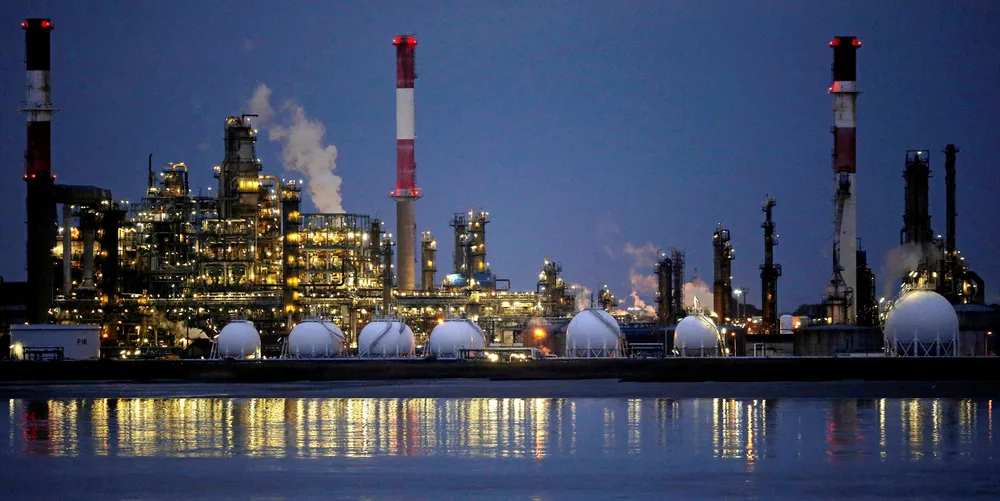French oil giant Total clashes with Greenpeace over 'inaccurate' greenwash claims
Supermajor rebuts report raising doubts about its emissions cuts, while NGOs urge shareholders to challenge board of directors over climate policies

Supermajor rebuts report raising doubts about its emissions cuts, while NGOs urge shareholders to challenge board of directors over climate policies
